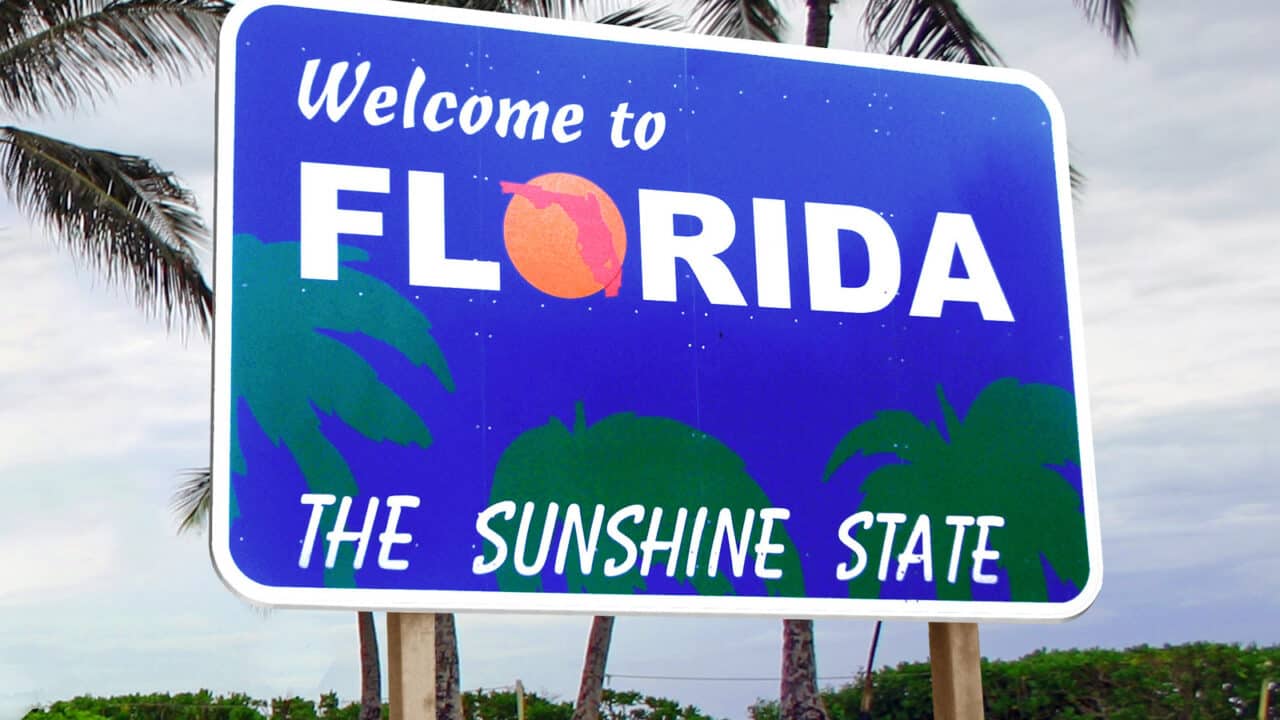 Welcome to Florida by DonkeyHotey is licensed under CC BY 2.0
Welcome to Florida by DonkeyHotey is licensed under CC BY 2.0
Proponents of legislation to remove the state tax portion of electronic payment transactions from interchange fee calculations saw their costly and unnecessary bill rejected in Florida last year.
Not taking no for an answer, special interest groups pushed a measure to “study” this costly and unnecessary policy into this year’s Florida state budget.
The policy, which does not need further study, would harm small businesses and upend contracts and negotiations between private entities. Governor DeSantis should veto the Trojan Horse “study” provision.
The issue of whether or not the government should mandate new regulations around interchange fees is actually very simple: it is another example of one private entity using the government to get their preferred terms for a contract with another private entity put in law. The government should not be meddling in these business-to-business negotiations.
An academic paper looking at Sen. Dick Durbin’s (D-Ill.) Credit Card Competition Act (CCCA)—a federal bill attempting to intervene in private contracts for credit cards—finds that small businesses may lose $1 billion in rewards and potentially lose access to $700 billion in revolving lines of credit if the CCCA is enacted.
Similar changes at the state level would affect fees and interest in the credit market, thus increasing costs for consumers.
While a study into the issue may seem harmless, it is clear this would only serve to provide cover for proponents of imposing new government-mandated restrictions on interchange fees.

